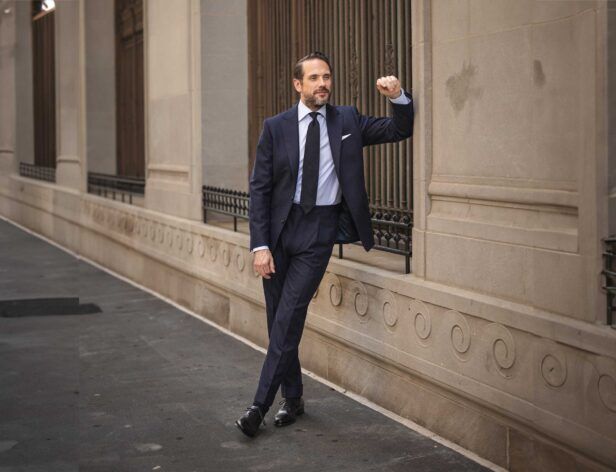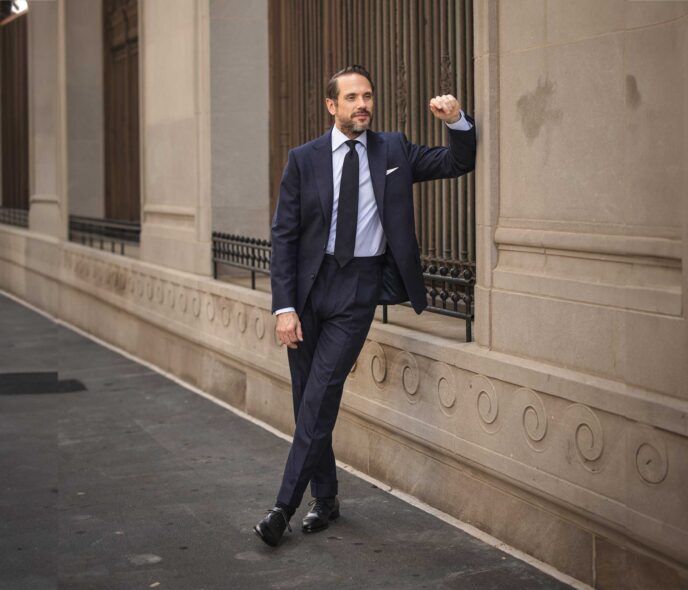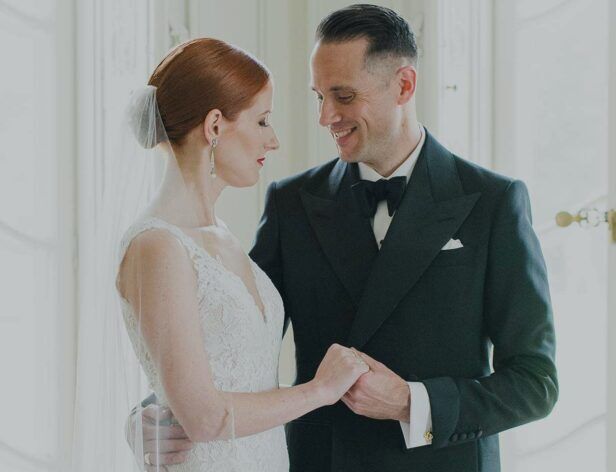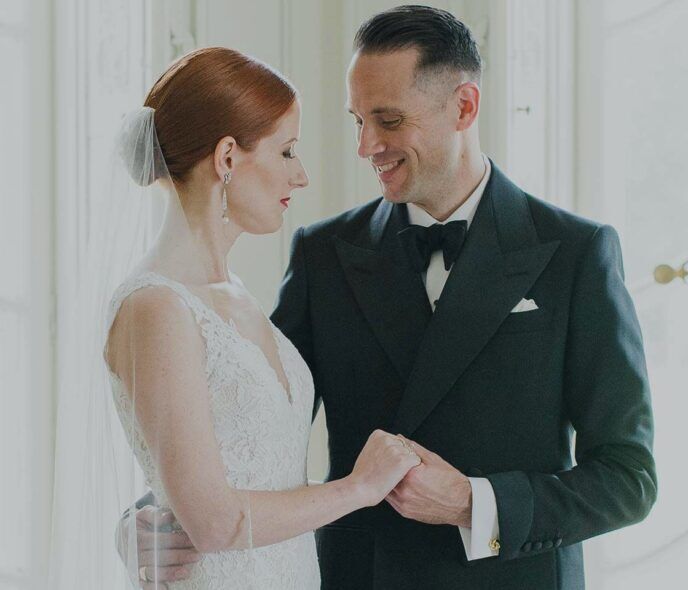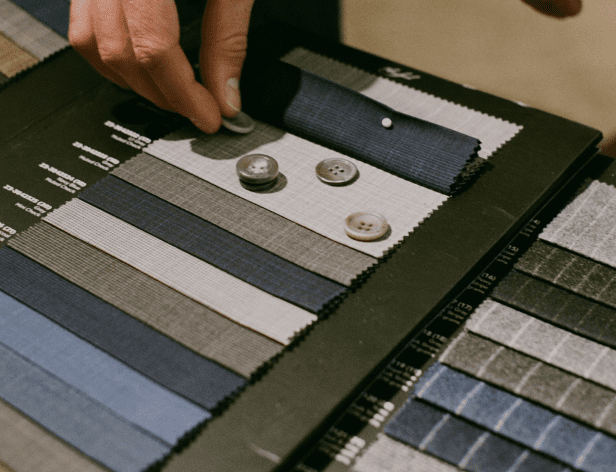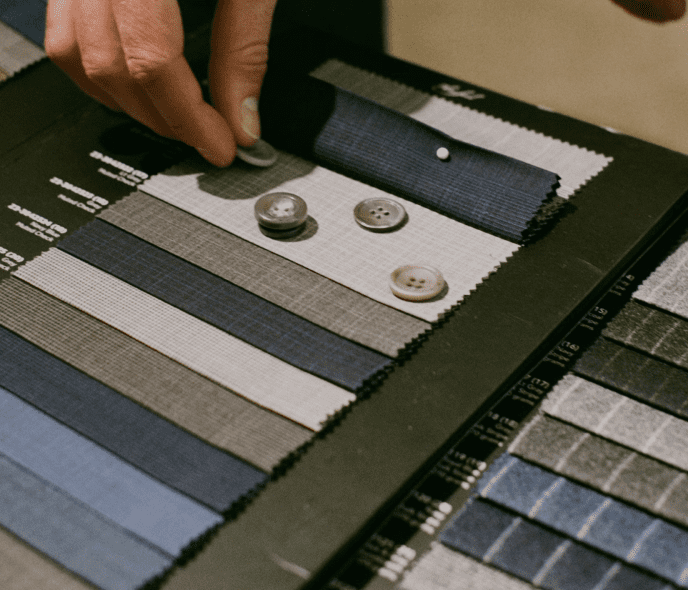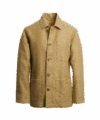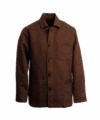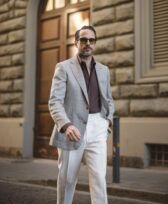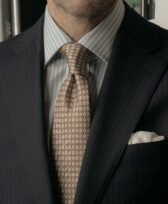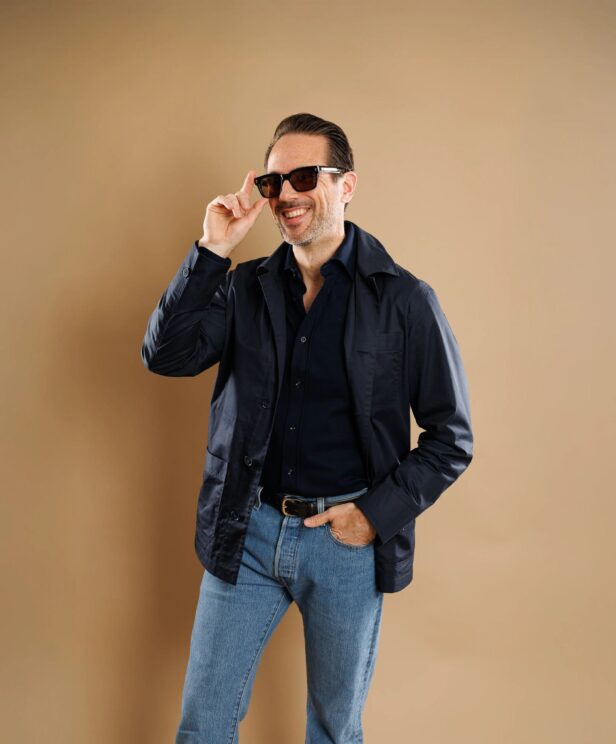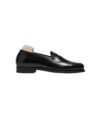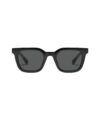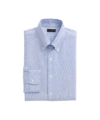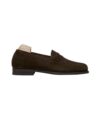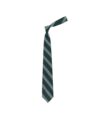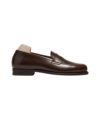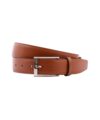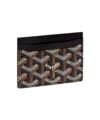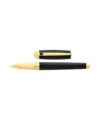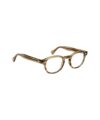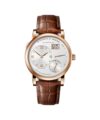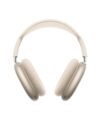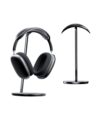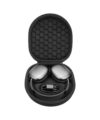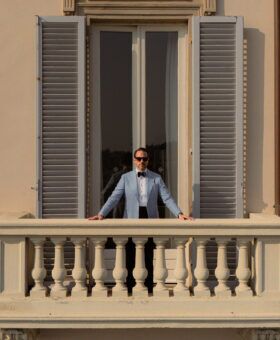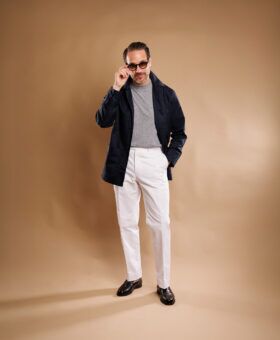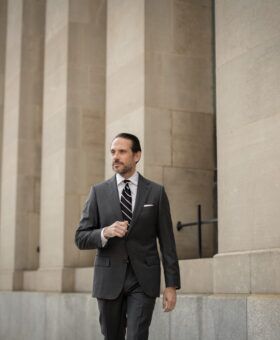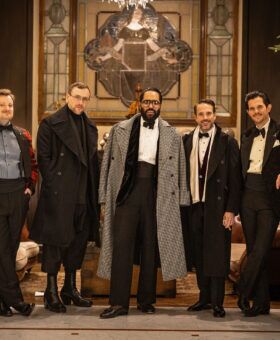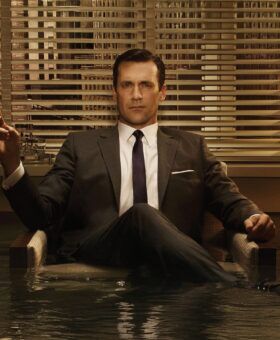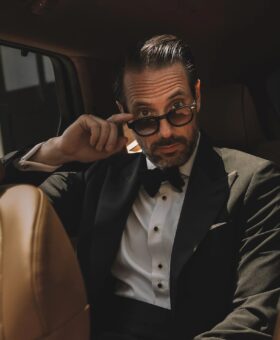Share
To cuff or not to cuff, that is the question
There are only two ways to finish a pair of pants. You can either hem the bottom of each leg, or you can turn them up into a cuff. For most men these days, the hem is the go-to choice. However, the cuff, or turn-ups as the Brits call it, is a medallion of sartorial excellence and a hallmark of well-made trousers.
Back in the day, the cuff was created for those in the United Kingdom to combat the wet streets after it rained. By opting for a cuff over a hem, a gentleman’s trousers would be able to withstand the elements without fraying or coming completely undone.
Over time, British influencers began to adopt the cuff as the go-to method of finishing a pair of slacks. Savile Row tailors and other menswear makers in London made it a worldwide phenomenon that still exists today.
So when should you opt for a cuff over a hem?
When To Hem
There are two times where a hem should be your only choice:
1. When wearing black tie or white tie attire.
2. When wearing a standard pair of wool flat-front suit pants with a single-breasted jacket or blazer.
When To Cuff
There are also times where a cuff should be the only option:
1. When wearing trousers with two or more pleats.
2. When wearing a double-breasted suit.
Other than that, the choice is yours. However, there are certain styles and situations that really benefit from cuffed vs. uncuffed.
More Thoughts
In most cases, the hem is best left for standard dress pants, pajama pants, lounge pants, chinos and corduroy pants. From a casual style perspective, cuffs can look great with a well-fitting pair of denim jeans or a pair of tweed or flannel trousers.
Cuffs are also ideal if you live in a region with inclement weather where snow, sleet, and rain are regular gifts from the sky. If you take public transportation or spend a considerable amount of time on the go, cuffs tend to hold up longer.
Aside from weather and climate change, cuffs also work well on taller, slim men. The cuff will help to make you look slightly shorter and even a little more buff. However, for men who are vertically challenged or a little stockier, cuffs can be a nightmare to pull off, resulting in your legs potentially looking shorter and wider.
The Final Verdict
Whether you add a cuff or use a hem to complete your look down below, it really is a matter of personal style in addition to the standard rules described above. Most tailors will only advise a cuff to add weight to a pair of pleated trousers, but pleats don’t work with most body types unless it’s trousers with a double-breasted suit jacket. In the end, you have to decide what you’re most comfortable wearing. Cuffs can look very rakish on a pair of flannel trousers, but they can also break the entire outfit if not worn confidently.
Chime in: Do you prefer your pants with a cuff or without one?
Thanks for reading.
